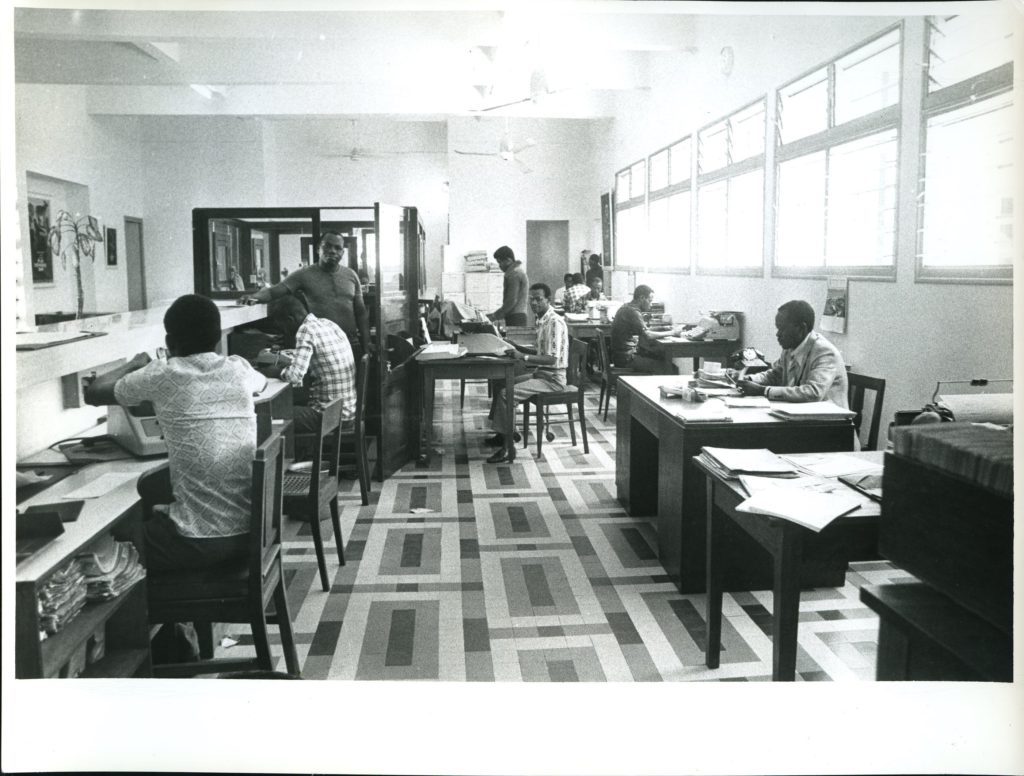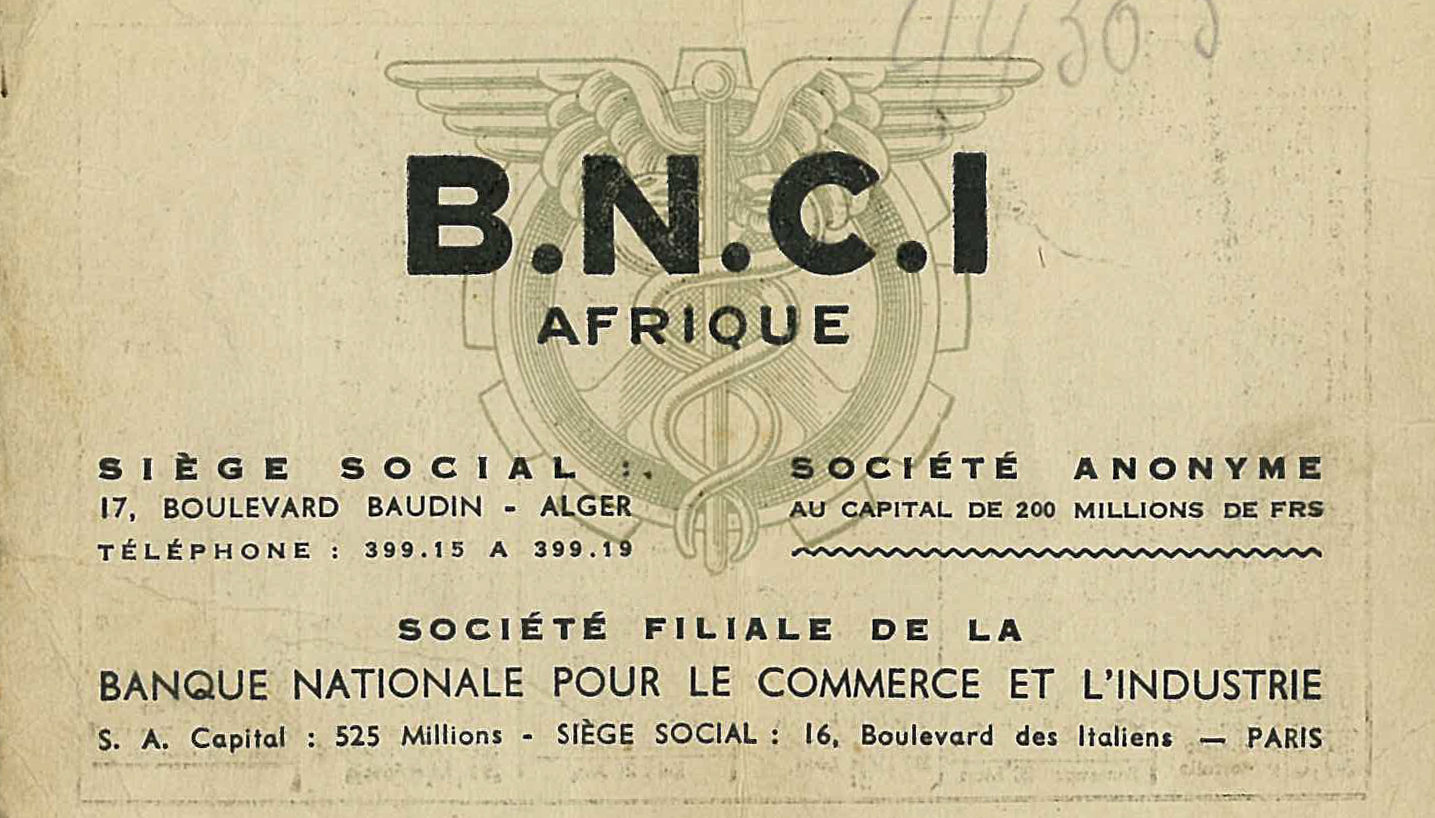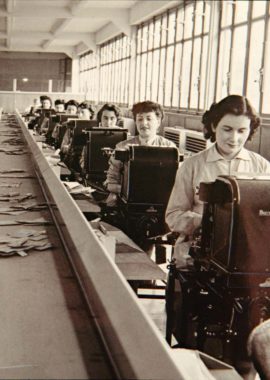The Comptoir National d’Escompte de Paris (CNEP) was the first forunner of BNP Paribas Group to operate in Africa, at the end of the nineteenth century. But the establishment of the Banque Nationale du Commerce et de l’Industrie (BNCI) in the 1940s took on a whole new dimension.
The French colonial Empire – a dynamic path
Following the 1860 free trade agreement between France and England, CNEP took the initiative to create an international network. In the 1890s, it set up branches in Madagascar, Tunisia, Morocco and then in Egypt in 1909. But the Group’s real expansion in Africa took place during the Second World War with BNCI, at the instigation of its Director-General Alfred Pose. In 1940, because occupied France was divided into two zones and its economy was paralysed, banking had to be developed overseas. Pose believed that the colonial empire offered the bank a chance to deploy its activities and establish itself internationally. In June 1940, he met up with some associates to implement this line of development. In July, BNCI took control of Banque de l’Union Nord-Africaine which became BNCI Afrique (BNCIA). The aim was to give a new dimension to this small establishment in Alger before setting up other head offices in the country. At the same time, an agency was founded in Casablanca and another one in Saint-Louis in Senegal.
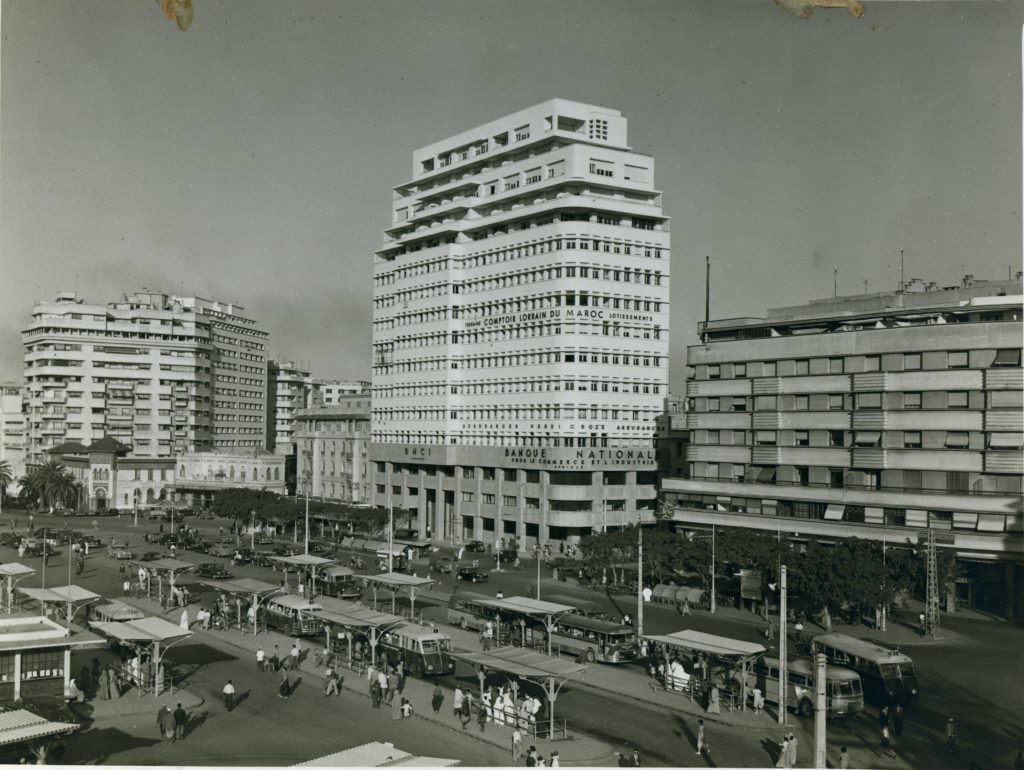
A solid network in Africa
Thanks to Alfred Pose‘s pro-active spirit and his liking for faraway countries, BNCI carved itself an increasingly important position in Africa, opening offices in Tunisia and Guinea in 1941. In the same year, BNCI bought out the Crédit Foncier de Madagascar. When Pose settled in Alger in 1942 to continue developing BNCIA, about thirty offices were opened in Syria and Lebanon which were then under French mandate.
Another person to spearhead the bank’s expansion during the 1950s was Pierre Ledoux, General Manager of BNCI Afrique (BNCIA) from 1957 to 1962, and then Managing Director of BNP as from 1966. When he became head of BNCI-A, there were about forty agencies in his Algerian network. Pierre Ledoux supported initiatives that reinforced economic recovery in Morocco in 1957 and launched new agencies there. Despite the sensitive political situation in North Africa between 1954 and 1962, he managed to rally staff at BNCIA and maintain business at a satisfactory level.
After Saharan oil and gas was discovered in 1957, BNCIA supported companies from Metropolitan France by providing them with the means to finance and invest.
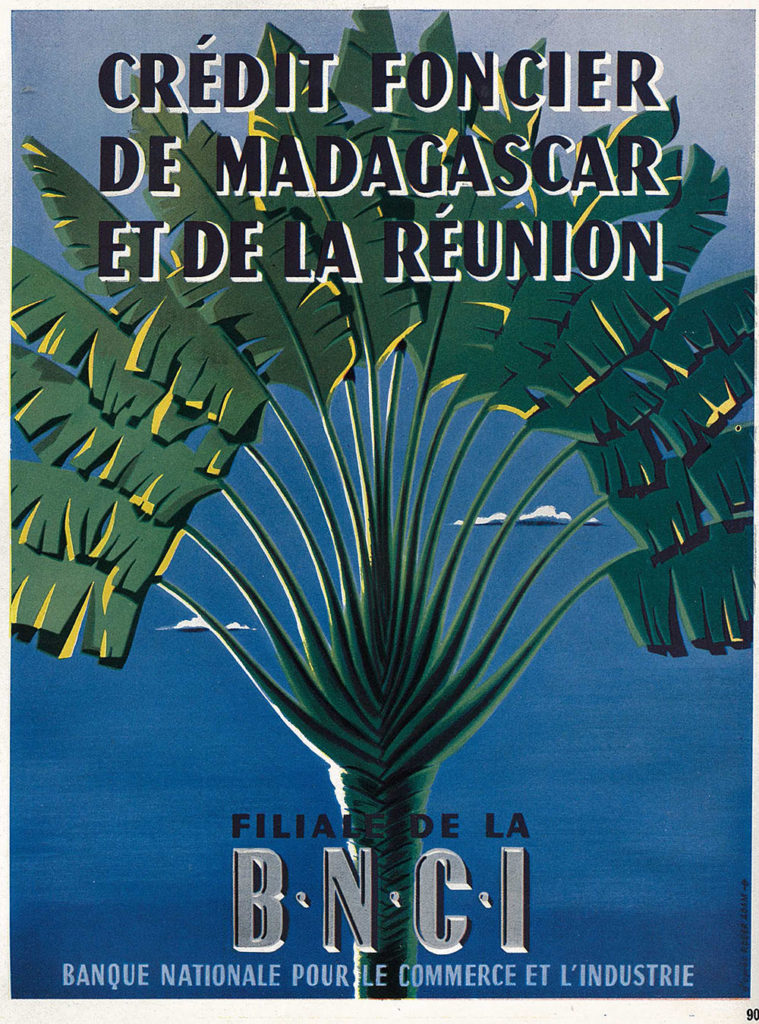
After decolonization
Decolonization started in Africa in 1956 and led to a thorough reorganisation of the region’s banking network.
Although BNCI maintained its network of agencies in Tunisia and Morocco after they became independent in 1956, they were subsequently turned in subsidiaries. By setting up in 1961 the Union Bancaire pour le Commerce et l’industrie and the Banque Marocaine pour le Commerce et l’Industrie (BMCI) in 1964, it terminated its direct activities in these two countries.
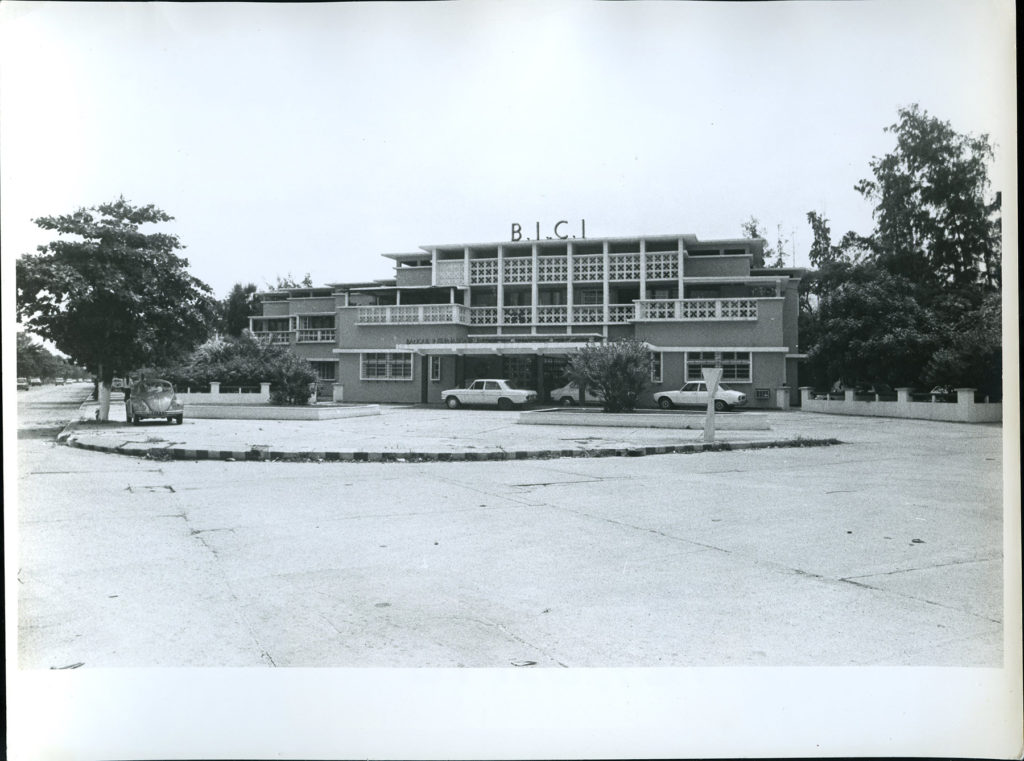
In Western and Central Africa, BNCI redefined the basis of its presence by working with the new independent States, in the Banques Internationales pour le Commerce et l’Industrie (BICI). As from 1962, these banks started to operate in Senegal, Cameroon, the Congo and Gabon.
In Algeria, independent since 1962, BNCI and then its successor, BNP, maintained the activities of BNCI-Afrique. Following the Algerian government’s decision to withdraw foreign banks’ foreign trade accreditation, which took effect on 1 November 1967, BNCI Afrique closed out its operations in Algeria. The BNP subsidiary sold its network to the Banque Nationale d’Algérie on 12 January 1968
